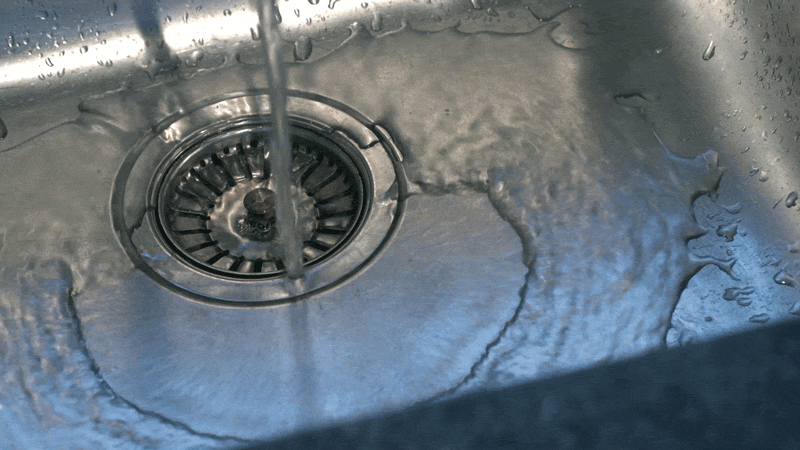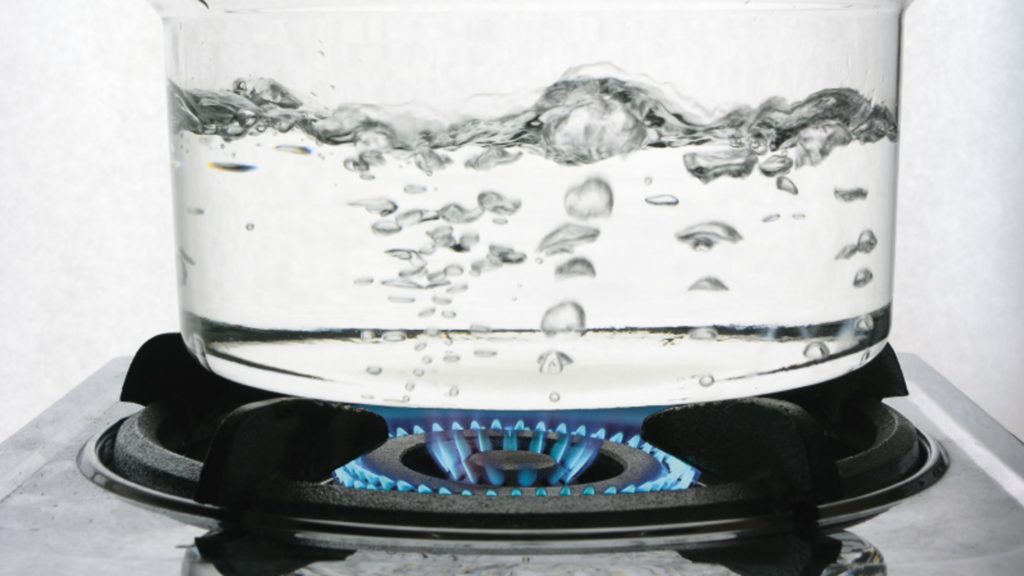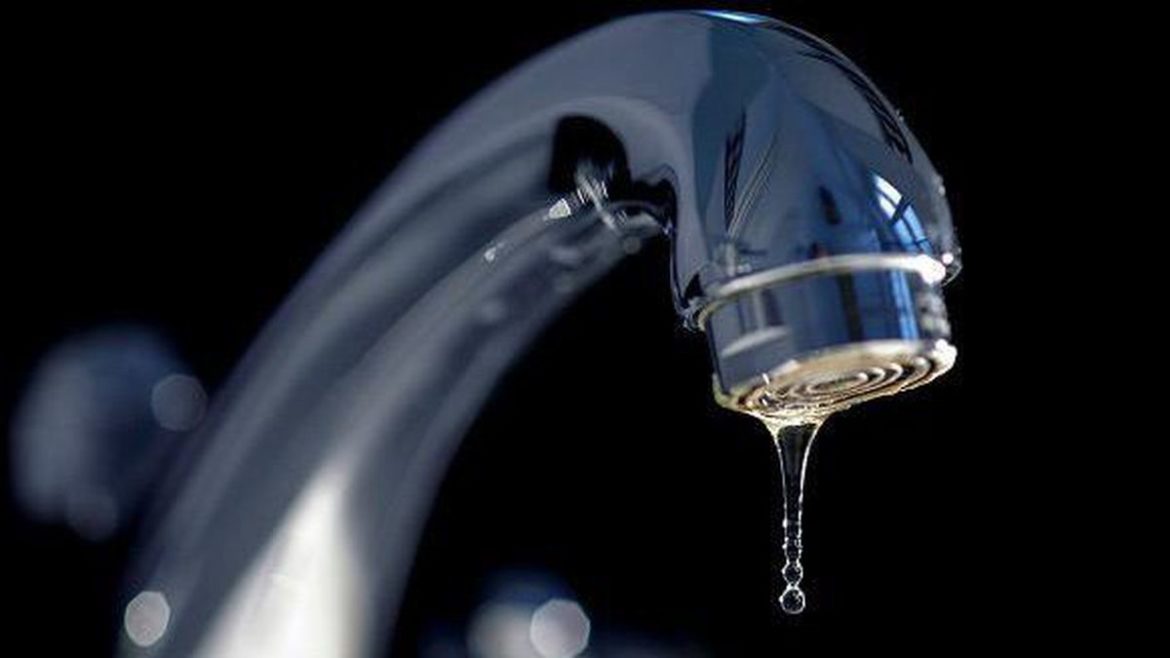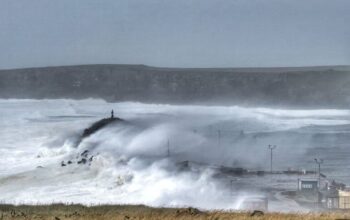“f you’re not familiar with a boil-water advisory, here are some answers to the most common questions.”

The following written content by Claire Gillespie
Millions of Texans remain under a boil-water advisory following a week of freezing temperatures and storms that have pushed state water supplies beyond their limits. More than 700 water supply systems were affected by leaks caused by frozen pipes, reported CNN.
During a press conference on Thursday, Austin Water Director Greg Meszaros said the state capital’s water supply lost 325 million gallons of water due to burst pipes. “We know that there are tens of thousands of leaks,” he said. “As the fire department indicated they have responded to thousands upon thousands of burst pipes. That is an incredible amount of water. Nothing I’ve ever seen before.”
Lights and heat came back on Friday morning, but some 187,000 customers remain without power and millions still have no water at all or are being told to boil their water to make it safe to drink, reported NPR. According to Houston Mayor Sylvester Turner, the city’s residents will probably have to boil water until Sunday or Monday. If you’re not familiar with a boil-water advisory, here are some answers to the most common questions.

First: Why are boil water advisories issued?
According to the Centers for Disease Control and Prevention (CDC), local health authorities issue boil water advisories when the community water supply is (or could be) contaminated with germs that can make you sick.
These boil water advisories often result from unplanned events like water line breaks, treatment disruptions, power outages, and floods, per the New York State Department of Health.
How long do you need to boil water during an advisory?
Boiling is the safest method for making water safe for drinking or cooking. “In a large clean pot or kettle, the water should be brought to a rolling boil for one full minute,” Tamika Sims, PhD, senior director in food technology communications at the International Food Information Council, tells Health. “Before you drink or expose your skin to the water, be sure to let it cool down to a safe temperature.”
Do you have to boil water if you have a filter?
Water filters remove bacteria, hardness, and unwanted impurities from water, such as sediment, taste, and odor, to improve its quality. But a filter can’t remove microorganisms or other contaminants from contaminated water, so you should still boil the water, Sims says.
Can you shower during a boil water advisory?
You can, but it’s extremely important you but take care not to swallow any of the water. Read more from Health.





